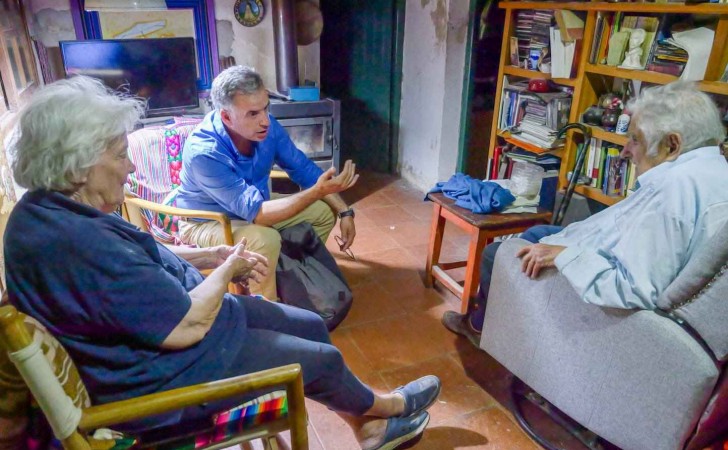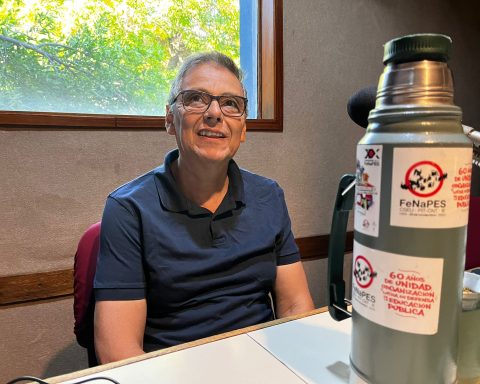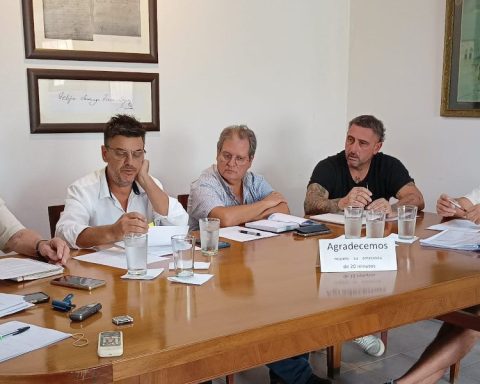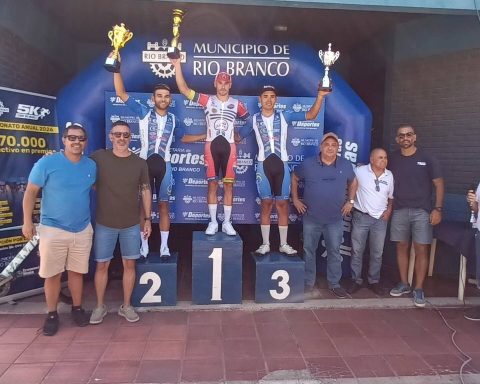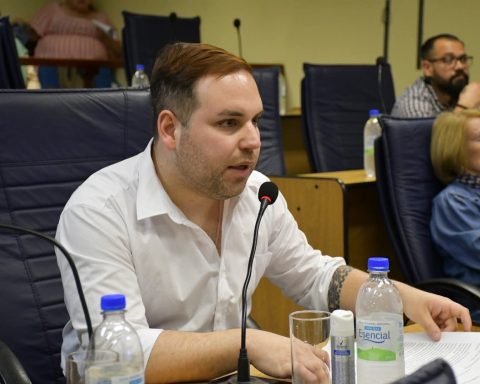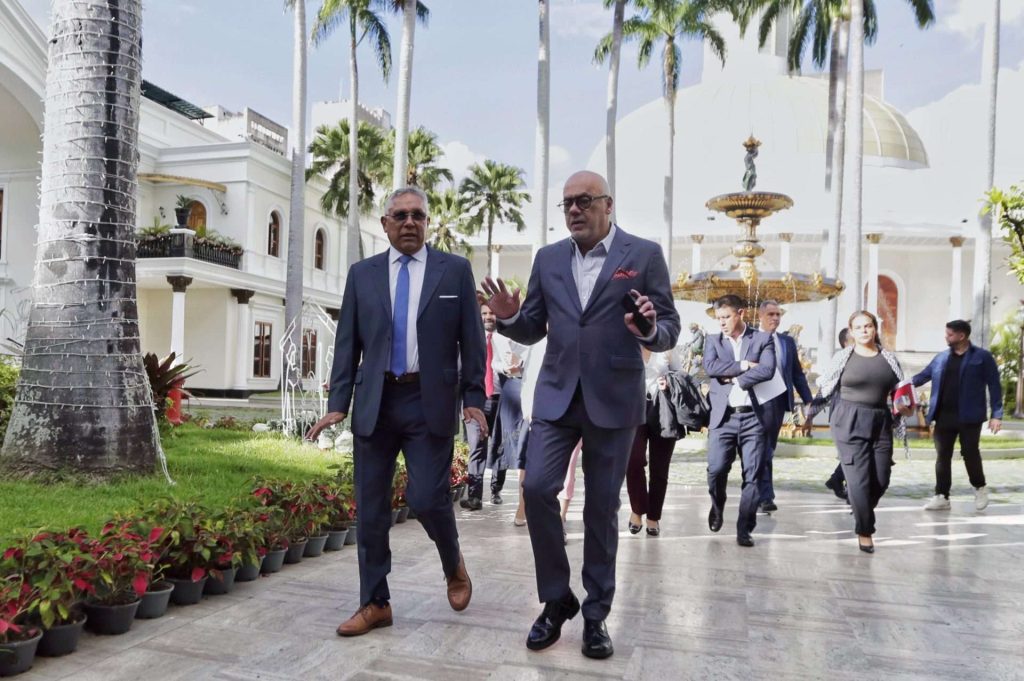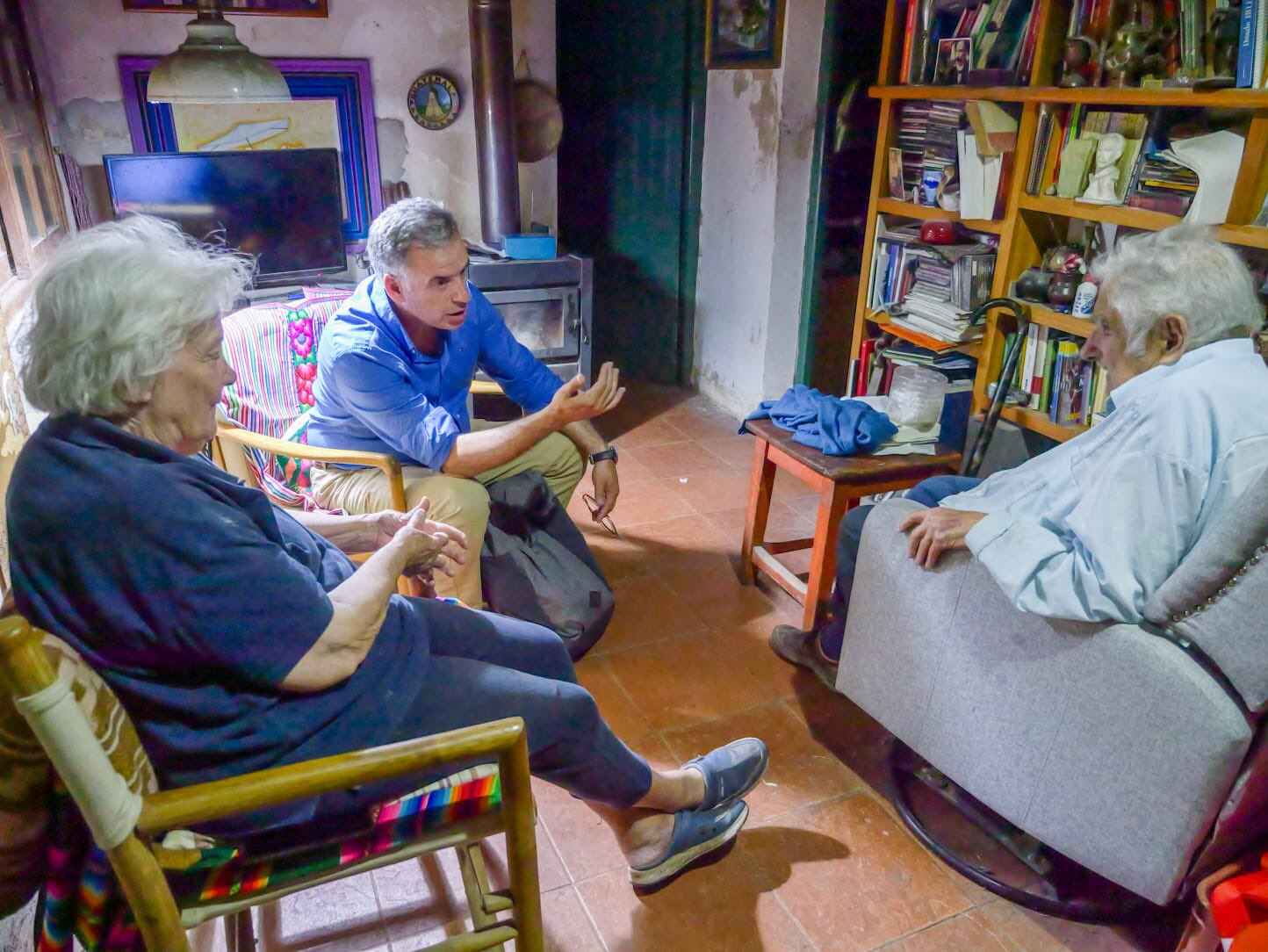
The elected president of Uruguay, Yamandú Orsi, recently met with former president José Mujica at the Rincón del Cerro farm. The meeting took place in the afternoon, when Orsi arrived at the scene at 4:00 p.m. This meeting takes place in a political context in which the new leadership seeks to establish a dialogue with emblematic figures of Uruguayan politics.
Orsi left the farm at approximately 5:45 p.m., after a talk that, according to his statements, consisted of “catching up.” During his departure, the president-elect highlighted the importance of the contribution of Mujica and former vice president Lucía Topolansky. “What these veterans did was very important to me,” Orsi said, underlining the relevance of intergenerational dialogue in politics.
Reflections on political experience
The president-elect mentioned that Mujica shared valuable lessons about his own experience in office. “Pepe speaks from his experience and in that sense he has the wisdom not to give you advice but rather his experience,” Orsi said, stating that Mujica’s words were loaded with wisdom that translates into practical knowledge about the exercise of the Presidency.
In this sense, Orsi expressed that he has taken note of some of the phrases that he considered useful for his future mandate. “Some things you have to write down. “These are those phrases that will serve you,” he declared, revealing an intention to learn and apply the lessons of the past in his management.
Cabinet and political relations
During the meeting, the formation of the new cabinet was also discussed. Orsi explained that he seeks a balance between political and ethical commitment and experience on the relevant issues, making it clear that decisions will not be made simply for political convenience. “It’s not if this ministry doesn’t work for you, it goes to this other one,” he stated, indicating that his approach will be deeper than simple assignments of positions.
In this regard, he clarified that he has not received specific recommendations from Mujica about who to include in his cabinet. “We talk about all the casts and of course I know what he thinks and what he feels,” he said, emphasizing his autonomy in the decisions to be made as president.
Projections and challenges
The president-elect will meet with current president Luis Lacalle Pou to discuss the transition and the strategies to follow in the coming months. “The meetings will be to agree on how we continue between now and March,” Orsi reported, hinting that he seeks to establish an effective communication channel with the outgoing government.
Regarding the challenges facing his administration, Orsi mentioned the situation related to childhood, adolescence and security as priority areas. He also assured that it will be essential to keep Mercosur as a “priority” on his government’s agenda at the next summit.
International relations and representation
Regarding his relationship with Venezuelan President Nicolás Maduro, Orsi noted that he would take Maduro’s recognition in the context of his role as head of state. “As head of state he decided to send an acknowledgment, and like all the other acknowledgments that have come to me, that is how I have to take it,” he declared, suggesting a pragmatic approach to diplomatic relations.
The new president also stressed the importance of representing himself as a leader who takes responsibility for the entire country, not just one political party. “I’m going to be president of an entire country. Not from a party or a trend,” he expressed, pointing out his commitment to unity and national well-being.
Regional focus and future
The dialogue about the link with Argentina and Brazil was also part of Orsi’s statements. He reiterated that foreign relations must be with countries and not only with their presidents. “You have to have the best possible relationship whoever heads of state you get,” he stressed, emphasizing the need for strong collaborations in a region marked by geopolitical challenges.
Finally, the militancy that gathered outside the farm showed their support for the president-elect. The militants asked for photographs and autographs, creating an atmosphere of political connection. “Yamandú, don’t forget about us,” said one of them, while others encouraged their new leader.
